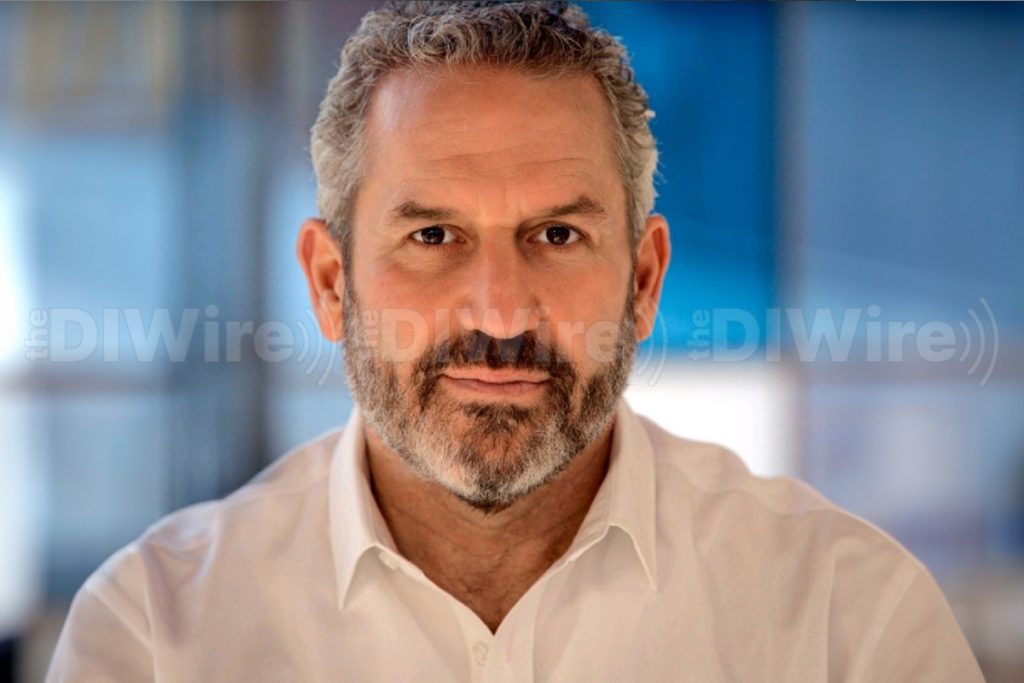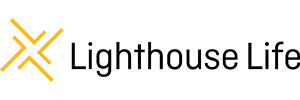Five Questions for: Lighthouse Life CEO Michael Freedman

In The DI Wire’s new “5 Questions for” series, the editorial team interviewed Lighthouse Life’s chief executive officer, Michael Freedman. Lighthouse Life sources and purchases life insurance policies, provides life settlement transactions to policyowners, and seeks to provides investors with a diversified source of income through participation in the life settlement market.
The DI Wire: What is a life settlement? When does it make sense for seniors to consider selling their policy to a company like Lighthouse Life?
Michael Freedman: Seniors who own a life policy almost always let them lapse or surrender during retirement for two main reasons:
First, the reasons they took out the life policy years ago have changed. Once young children are now grown; a spouse may have died or there was a divorce; estate tax laws have changed; or, hopefully, other investments are doing well. Second, the policy has become too expensive in retirement. Premiums can become too costly, there may be unexpected medical expenses, or costs of living have gone up that force a decision to give up the policy.
The vast majority of life insurance policies are lapsed or surrendered and do not pay a death benefit. In fact, less than one in ten life insurance policies ever results in a payment to beneficiaries. So, despite years of paying premiums a life policy usually offers no benefit at all. Instead of terminating a policy back to the insurance company for nothing or next to nothing, seniors can often times sell it through a life settlement– the sale of a policy for its market value. People own their life insurance policies, like other property they own. The life insurance companies cannot take away or impair that property right.
Life settlements are a cash payment to the seller that averages between 4-10 times more than if they surrender it back to the insurance company. For some, there may be an option to sell a part of their policy for immediate cash and retain some of the death benefit for their loved ones without having to make future premium payments.
DIW: Lighthouse Life is a “life settlement provider”. Can you explain what a life settlement provider is, and what are the other life settlement market players?
MF: A “life settlement provider” is a company that is licensed by state insurance departments to purchase policies from individuals who live in that state. In fact, in all but six states policies can only be sold to a life settlement provider like Lighthouse Life, unless it is a one-time sale to a family member of business partner. Life settlement providers are required to provide full transparency about the transaction, including information about the seller’s rights and alternatives to selling their policies. Only state-approved contracts and other forms may be used by life settlement providers.
In addition to life settlement providers, most states also license “life settlement brokers”. Life settlement brokers represent the policyowner in brokering a client’s policy to life settlement providers licensed in the state. Settlement brokers typically get paid a commission that comes out of the proceeds being paid to the owner of the policy. This commission can sometimes be quite substantial–as high as 30-50% of the proceeds. As a result, sellers often choose to work with life settlement providers directly.
In addition, there are companies that advertise life settlements, underwrite and price life polices, and service the policies owned by asset funds.
DIW: What is the estimated size of the life settlement market over the next decade and beyond?
MF: Industry observers and participants anticipate that the life settlement market will grow substantially over the next two decades. First, over 100 million seniors will lapse or surrender policies worth over $2 trillion in death benefits on policies that could qualify for a life settlement over the next decade (according to Conning, an insurance investment research firm that has reported annually about the life settlement market for almost two decades).
The major factor behind the growth of the life settlement market is the growth of the senior population in the US. The senior population is going to grow by more than 40 percent between 2022 and 2040, to over 81 million seniors.
Inflation, interest rates, and other economic factors also contribute to projections that more seniors will seek to sell their policies. A life settlement generates “money good” to help meet retirement needs, pay medical bills, or maintain an expected standard of living in retirement.
DIW: For over 20 years there have been investment opportunities in life settlements for investors. Can you explain the various types of investment opportunities in the life settlement market?
MF: There are generally two types of investments in life settlements: investing in funds that own a portfolio of life insurance policies and investing in the business of life settlements.
Longevity risk asset funds have been the more frequent opportunity for investors in life settlements for more than three decades. Funds of varying sizes – from a few million to several billion dollars of assets under management – typically construct portfolios of policies and hold them and collect the death benefit upon the maturity of the policy.
There are an estimated 30-50 such funds active in the life settlement market today, with an estimated $15-20B AUM. There are both US and international funds and managers. Common investors in these funds include public and private pensions, family offices, endowments, and others. Retail investors also have opportunities to invest in several life settlement asset funds.
One emerging area of investment in life settlements is the opportunity to participate in the business of life settlements. Over the past three years, several companies, including Lighthouse Life, have offered investments in the growth of their businesses. One life settlement company recently completed an IPO, and another company that provides policy and portfolio appraisals and servicing was acquired by a venture capital fund. Lighthouse Life has received investments from both retail and private equity investors to fuel its growth.
Investing in the business of life settlements, versus the funds, is attractive because it allows investors to participate in the growth of a business at a time when the market is poised for significant growth of seniors. Depending on the investment strategy, investors in life settlement businesses can opt for current income and/or equity returns.
DIW: What are some risks and other considerations investors in the life settlement market should think about?
MF: A risk in longevity risk assets – including life insurance policies — is the potential for the insured under the policy to outlive the life expectancy that was used to price and purchase the policy. Advances in the treatment of diseases and illness can extend the life of an individual. Overall, however, medical advances generally impact younger lives, but the risk of life expectancy extension must be understood and managed.
Consideration of regulatory and litigation risks associated with life settlements must also be understood. For investors in life insurance policies, federal and state laws vary, so funds and investors in funds must understand the laws and subsequent regulatory/litigation risks prior to investing.
Other factors in life settlement investments are related to the life insurance companies that issued the policies. Life companies may increase the costs of insurance rates under limited circumstances, which could affect the projected yield to maturity of policies owned by funds.
Over the past decade, while only a few life companies have raised rates on a fraction of the number of policies in force, almost every rate increase was met with regulatory action or civil litigation which reduced the impact of the increases.
Investing in the business of life settlements as opposed to asset funds allows investors to reduce exposure to some of these risks, because these companies generally generate revenue from selling policies or servicing policies. There are regulatory, operational and market risks related to investment in such life settlement businesses.
For more Lighthouse Life news, please visit their directory page.


